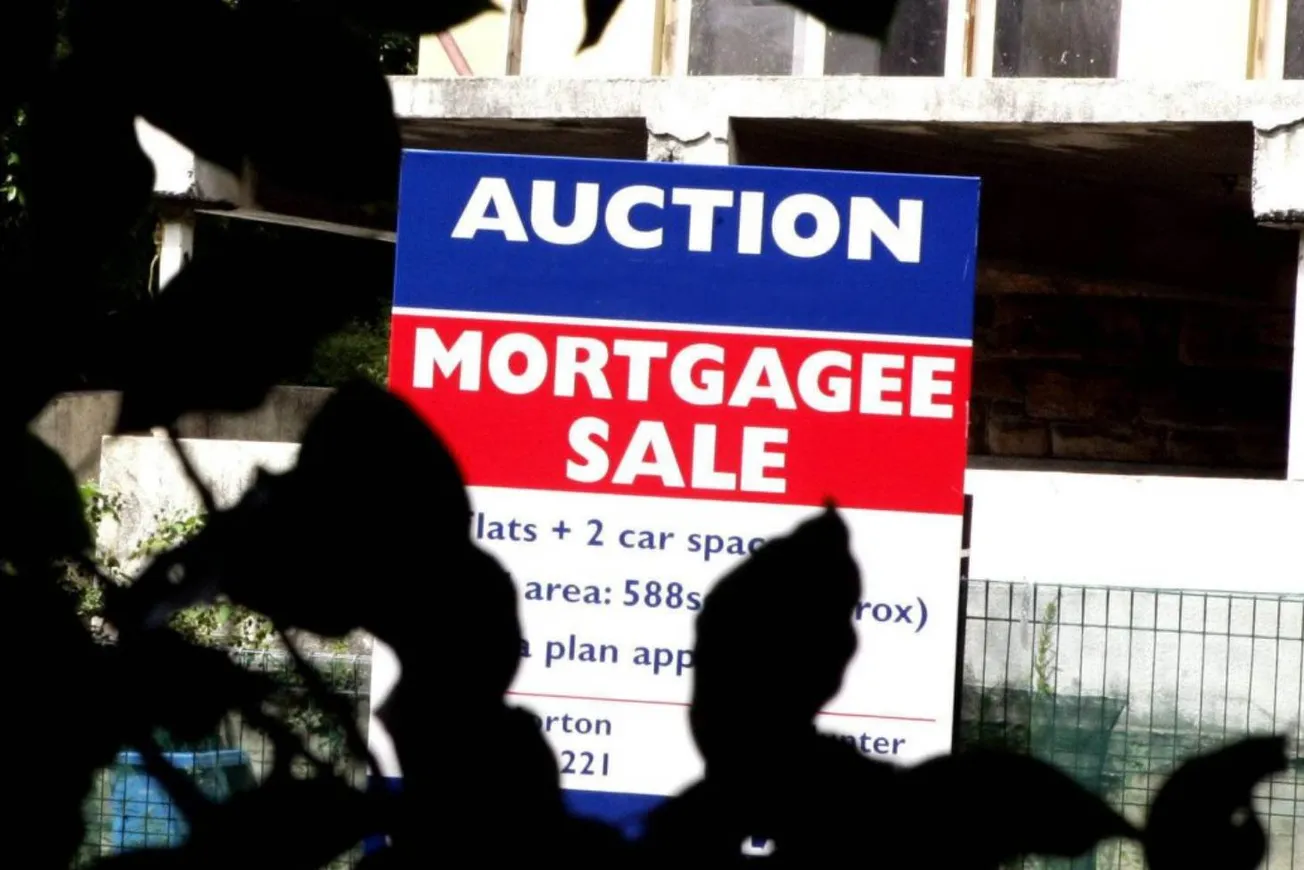Table of Contents
Simon Angelo
Wealth Morning is New Zealand’s largest independent publisher of specialist financial research. We are focused on covering critical issues that directly impact financial and economic health.
Nice work, Reserve Bank of New Zealand.
You lowered the OCR to 25 basis points during Covid. People could take mortgages at just over 2%. And in a country short of housing, what happened? Housing markets went crazy. They shot up over 25% in just one year following the lockdowns of 2020.
Now there’s pain to pay. The risk of recession. Urban housing markets in New Zealand falling 10% (15% in Wellington).
If there’s one thing we have learnt during this rollercoaster ride, it is this: mortgage rates still play a predominant role in determining the mood of the economy.
Ironically, during the Labour government, the Reserve Bank’s remit actually extended. Not only inflation. But to keep an eye on employment, Treaty of Waitangi obligations, and house-price stability.
So much for house-price stability. I’ve never seen so much volatility. When you’re playing with so many balls, guaranteed, you’ll drop one or more.
In a country so dedicated to housing investment, how is this going to play out?
Are we in for further falls? A reckoning of mortgagee sales and bankruptcies?
Probably not. There are still shortages of accommodation. New Zealand is still a remarkably attractive place in a darkening world.
But here is what will happen.
The required tightening to stamp out inflation from monetary overshoot will be painful.
It will cause or come close to an economic recession
Recessions affect people differently. I heard John Key remark on that once in an interview. And I thought it was one of his most perceptive comments.
The truth is that, as a Wealth Morning reader, you, like me, are probably in a relatively insulated position.
Have you actually faced a situation where you don’t have enough money to live?
From the age of 15, when my dad moved from being a dairy engineer to an oil engineer, I’ve been very comfortable.
I enjoyed a degree of social capital. Then, as an entrepreneur, I put myself through university and came out with a house deposit. Then, as an investor, I became financially independent.
The truth for me, and likely for you, is that I have very little experience of real struggle or poverty to correctly comment on what a recession really means.
The last three decades have been boom years. Prosperous times. Relatively.
I need to try and recall the 1980s as a child when my parents struggled to pay double-digit interest rates. As Reagan once said, ‘A recession is where your neighbour loses his job. A depression is where you lose yours.’
We’re not anywhere near the point of depression. When ordinarily comfortable people feel real pain.
To fully understand this recession, you need to connect with those experiencing it. Those who cannot afford their mortgages. Those whose businesses have been crushed by increasing costs and a drop-off in custom. Those who are now depending on food banks to get by. Those dealing with the ensuing family breakdown from economic distress.
I have no right to comment. No real understanding. My tanks are as full as they’ve ever been.
Recession in a distinctly unequal economy
This gets down to the painful truth. For around 20% of the population, there is no recession at all. It’s just another opportunity for savvy capitalist investors to capture value and build more wealth as asset prices take a breather.
But, for many people, this recession will be painful.
Those with a mortgage will find the price of that doubling. The squeeze on living costs will increasingly mean there is little left at the end of pay cycle. Some will be pushed over the edge.
It all comes back to the disastrous cost of housing in New Zealand.
For years, the fact is that wealthier Mum-and-Dad landlords have been incentivised to soak up housing. That wealthy or cashed-up migrants from around the world have competed with first-home buyers. That central and local government have artificially constrained zoning and building, such that constructing anything involves ridiculous compliance cost. And that the Reserve Bank and global financial markets have helped to hand the mortgage market a monetary rollercoaster.
If you are struggling, there is one thing to look at. Contain your housing costs. Move if necessary. Rent out spare bedrooms. Battle the Aussie banks who only appear interested in their net interest-rate margin.
And start building up a surplus so you can invest. And then earn some financial freedom.









